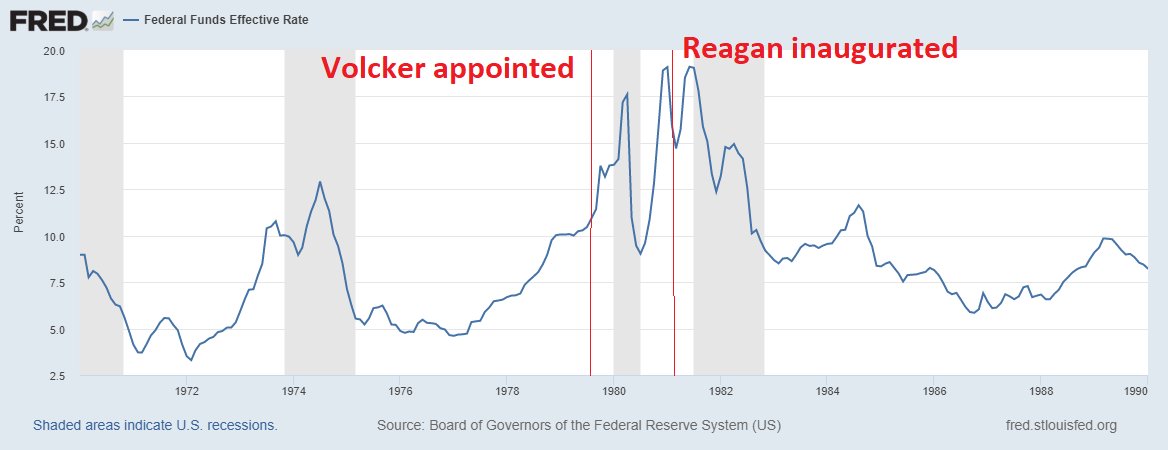
How Republicans will remember Biden:
https://twitter.com/Noahpinion/status/1455970839375986690
They Might Be Giants taught me that this is how people actually remember history.
"I remember the book depository where they crowned the King of Cuba", etc.
"I remember the book depository where they crowned the King of Cuba", etc.
"Martin X was mad when they outlawed bell-bottoms/ Ten years later they were sharing the same cell" is a line that hits pretty hard IMO
"Now I'm really big, I'm a big important man/ And the only thing that's different is underneath my hat" is possibly the best one-line summary of the Boomer generation
• • •
Missing some Tweet in this thread? You can try to
force a refresh





